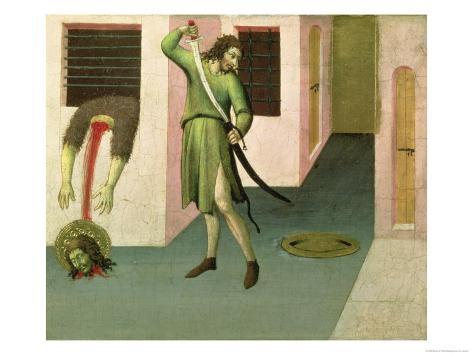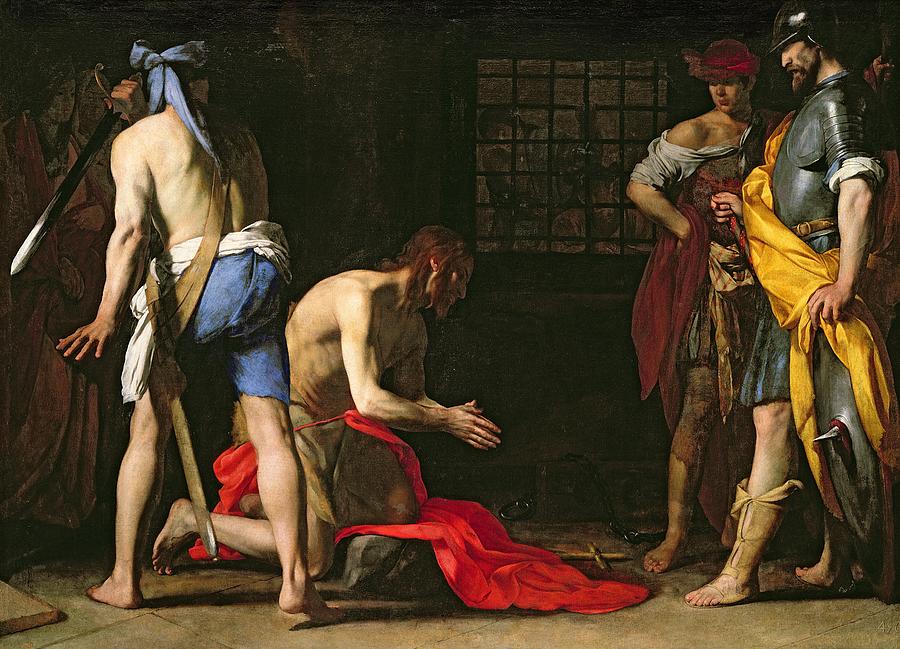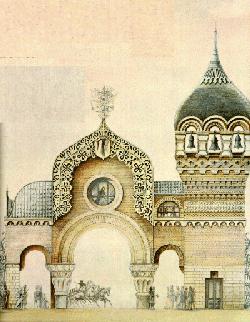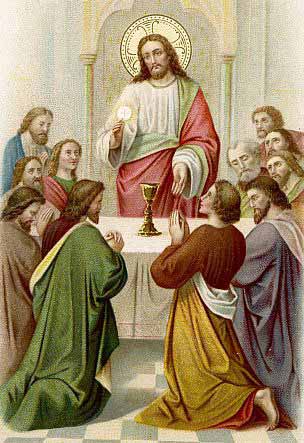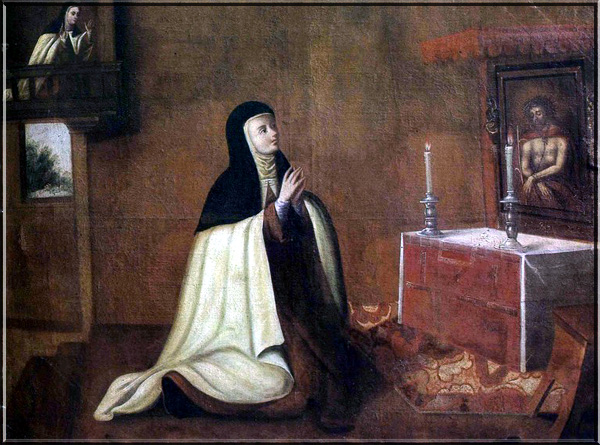"Crucifixion," Giotto
The following is taken from Tractate 118 of St. Augustine of Hippo (feast Aug. 28):
For what
could we have to say of the cross itself, which every one knows was in like
manner made and fastened to Christ by enemies and sinners? And yet it is to it
we may rightly understand the words of the apostle to be applicable, "what
is the breadth, and the length, and the height, and the depth." Ephesians
3:18 For its breadth lies in the transverse beam, on which the hands of the
Crucified are extended; and signifies good works in all the breadth of love:
its length extends from the transverse beam to the ground, and is that whereto
the back and feet are affixed; and signifies perseverance through the whole
length of time to the end: its height is in the summit, which rises upwards
above the transverse beam; and signifies the supernal goal, to which all works
have reference, since all things that are done well and perseveringly, in respect
of their breadth and length, are to be done also with due regard to the exalted
character of the divine rewards: its depth is found in the part that is fixed
into the ground; for there it is both concealed and invisible, and yet from
thence spring up all those parts that are outstanding and evident to the
senses; just as all that is good in us proceeds from the depths of the grace of
God, which is beyond the reach of human comprehension and judgment.
St. Augustine of Hippo, pray for us.






